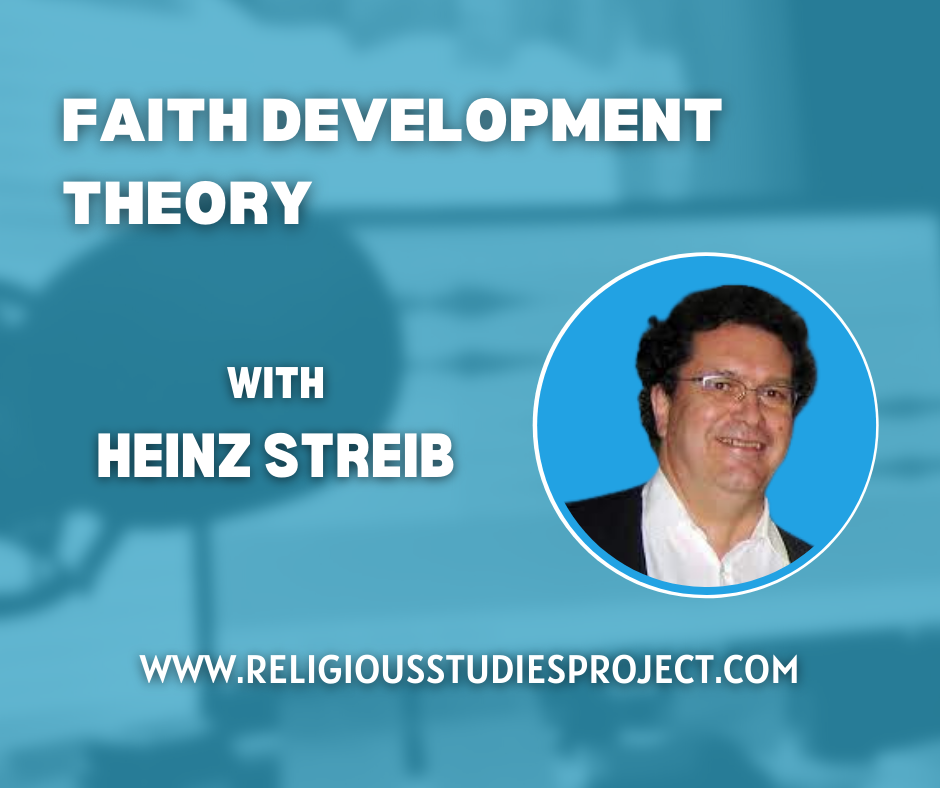Within the field of psychology, extensive research has explored a variety of themes related to development theory from humanism to cognitive. Much of research focuses on graduated stages which indicate a change in complexity both in behavioral as well as cognitive growth. Other theories of development have even focused on ethical development as related to the individual and their community. James Fowler’s Stages of Faith is an excellent example of the convergence of a variety of developmental theories and models into a single theoretical paradigm of faith. Fowler believed that individuals change and grow in their faith much like they develop in learning or behavior. He suggested six stages of development which can be applied to people. The earlier stages are related to learning and relationship with one’s inner community while the later stages speak to the issues of ethics and social awareness. Fowler’s work has been celebrated by theologians, religious educators, and professionals as a milestone in the study of faith and religion. Fowler’s work also serves as a template upon which to structure the education of youth and the tailoring of ministry programs in the identification of their faith development.
For all accounts, many see Fowler’s work as a classic text, however, it is not without controversy. Within some circles of psychology of religion and religious studies, Faith Development has been all but abandoned. The work utilizing Fowler’s stages appears mainly in theological empiricism or pastoral care. There are some exceptions however. Enter Heinz Streib of Bielefeld University. Over ten years ago, Streib saw applicability to Fowler’s stages, but not in their typical empirical application. Heinz realized that Fowler’s descriptions had descriptive utility in how individuals structure and formalize their belief, but he also recognized that the graduated method of “stages” was empirically and culturally problematic. Particularly, some individuals seek a defined and close knit group identity within their religious tradition and would likely not be concerned with the social justice for others of different faiths. Moreover, from a cognitive perspective, such individuals are also just as happy with simplistic forms of meaning and an authoritarian theological tradition. For Streib, these systems of meaning were not passé or scant in any way, only different. Streib proposed “styles of faith” based in Fowler, but with the fluidity for individuals or progress and digress, faith becomes a much more dynamic process. This podcast explores Dr. Streib’s work on Faith Development, Faith Styles, and his current research in the field of Psychology of Religion.









